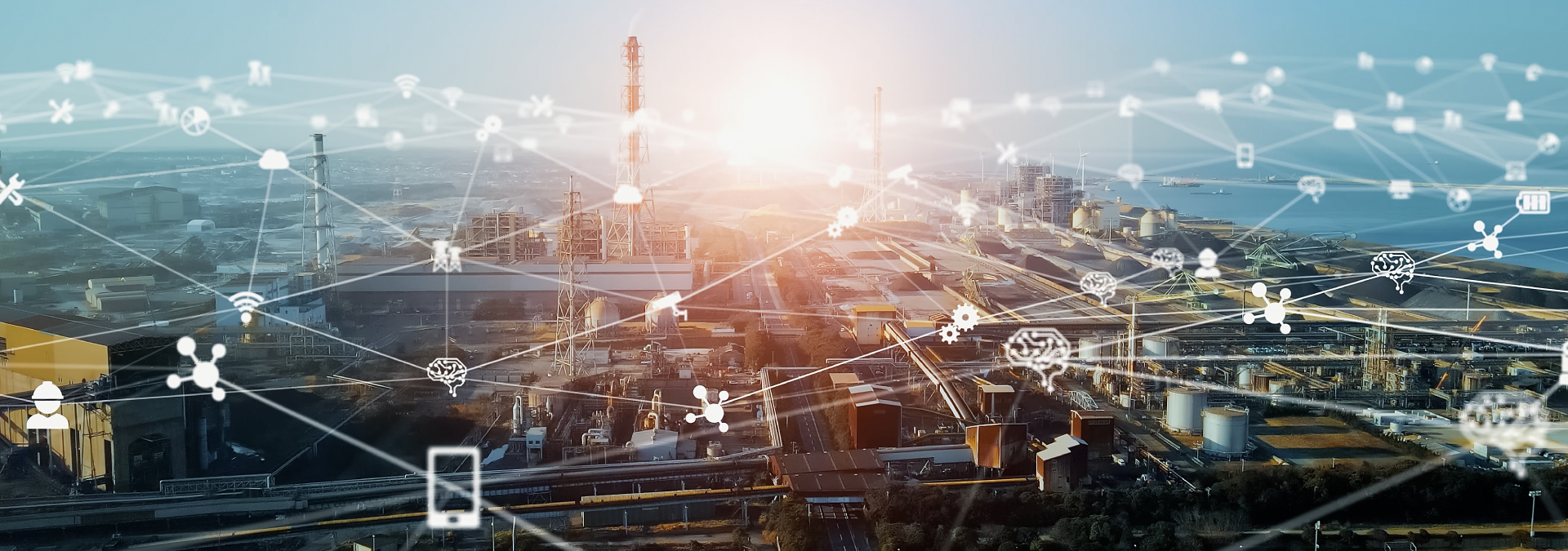
By 2050, the United Nations estimates that our planet will have nearly 9.8 billion inhabitants. More than two-thirds of the population will live in cities and the majority in metropolises with more than three million inhabitants. Due to the increasing urbanization of our planet, the Sustainable Development Goals set by the United Nations for 2030 are highly dependent on the evolution and adaptation of its metropolises.
Fortunately, disruptive technologies such as the Internet of Things, Big Data, and Artificial Intelligence have developed in tandem with the advancement of cities. Growing demand for integrating public-private services has contributed to developing technological solutions intended to create more efficient, safe, and sustainable cities.
"SONDA believes that big projects solve big problems. We have led Smart Cities projects in the region for more than ten years. The primary focus of our work has been to promote collaborative work between public and private organizations and the startup ecosystem. To develop solutions that improve people's quality of life in more sustainable and friendly cities", stated Maurizio Rinaldi, CEO SONDA USA.
Security depends on optimizing response times
Public and private organizations increasingly adopt technological solutions and tools incorporating knowledgeable systems. A smart city approach aims to prevent crime and make quick and appropriate decisions based on the type of incident.
SONDA's collaboration with the Municipality of Las Condes aims to resolve ailments affecting neighbors in the commune. "Besides neighbors offering their experience in the sector, this project allows us to identify vulnerable points and implement technology through intelligent cameras," said Maurizio Rinaldi, CEO SONDA USA.
The key lies in data integration
Ciudad Segura in Uruguay is one of SONDA's emblematic security projects in South America. This project has operated for ten years in collaboration with SONDA and Uruguay's Department of Interior.
As a result of this solution, there's more control over vehicles in their circulation. The system collects data on vehicle license plates at strategic points throughout the city. It analyzes and centralizes it in real-time for more efficient man.
Latest news
Smart Cities
What are Smart Cities & Mobility and How They Transform Urban Life?
Cities are undergoing a profound shift. Rapid urbanization, rising mobility demands, and the need for sustainable growth are pushing urban ecosystems to evolve beyond traditional infrastructure. This is the foundation of smart cities, meaning digitally connected environments powered by IoT, cloud platforms, data analytics, and intelligent automation.
Investors
News
SONDA maintains growth in business closures, reaching US$1,294 million and strengthening its pipeline with a 43% increase compared to the end of 2024
Its revenue reached US$1,154 million as of september, growing 3.1% driven by its strengthened commercial structure from the strategic plan, generating a robust pipeline of US$7.6 billion.
Smart Cities & Mobility
How Smart Datacenter Management Powers Modern Digital Infrastructure
Digital businesses don’t run on good intentions; they run on datacenters. Every online purchase, every cloud-native app, and every connected device depends on a powerful yet often invisible foundation: digital infrastructure.
